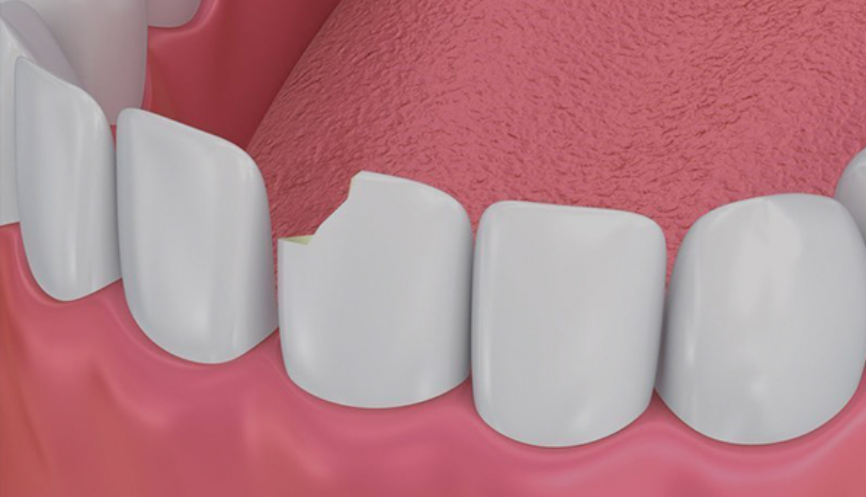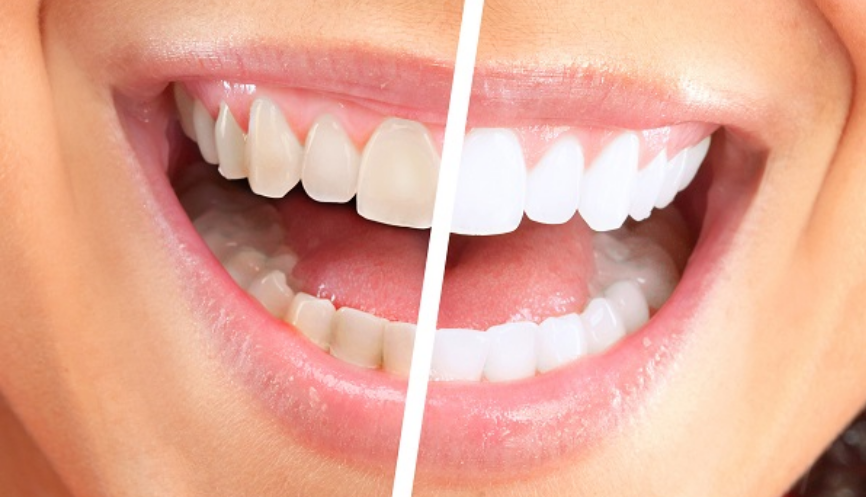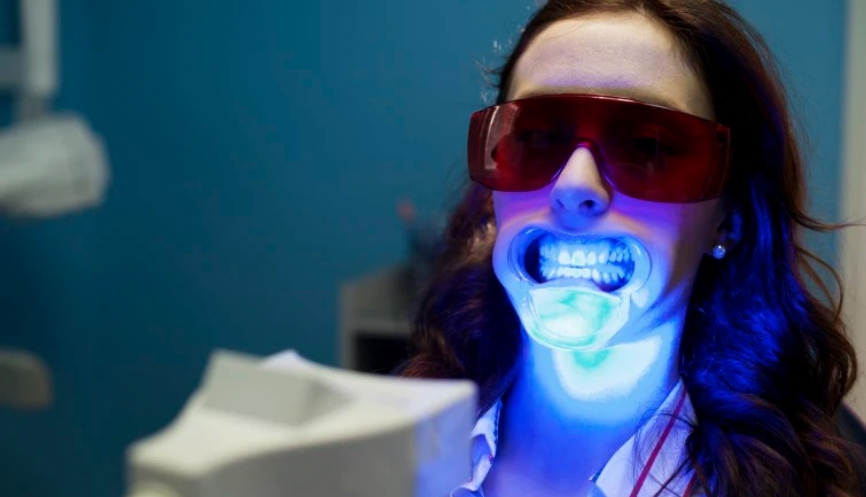
Broken Tooth
If you've broken a tooth, it's important to take action promptly to prevent further damage and alleviate any discomfort. Here's what you should do:
-
Assess the Damage: Carefully examine the broken tooth in a mirror to determine the extent of the damage. Note if the break is minor or if a significant portion of the tooth has fractured off.
-
Rinse Your Mouth: Gently rinse your mouth with warm water to clean the area around the broken tooth. This can help remove any debris and reduce the risk of infection.
-
Control Bleeding: If there is any bleeding from the broken tooth or surrounding gums, apply gentle pressure with a clean piece of gauze or a moist tea bag to help stop the bleeding.
-
Manage Pain: If you're experiencing pain or discomfort, you can take over-the-counter pain relievers like ibuprofen or acetaminophen. Avoid placing aspirin directly on the tooth or gums, as this can cause irritation.
-
Protect the Tooth: If the broken tooth has a sharp edge, you can cover it with dental wax or sugarless chewing gum to prevent it from cutting your tongue or cheek.
-
Save any Broken Pieces: If you can locate any broken fragments of the tooth, rinse them with water and keep them in a clean container. Your dentist may be able to use them to repair the tooth.
-
Contact Your Dentist: Schedule an appointment with your dentist as soon as possible. They'll be able to assess the damage, provide appropriate treatment, and address any concerns you may have.
-
Follow Your Dentist's Recommendations: Depending on the extent of the break, your dentist may recommend treatments such as dental bonding, a crown, or a root canal. Follow their advice to ensure the best possible outcome for your tooth.
Remember, a broken tooth should be treated as soon as possible to prevent further complications and preserve the health of your smile. Don't hesitate to contact your dentist for assistance.
We're Providing Best Services To Our Customers
Related Services




